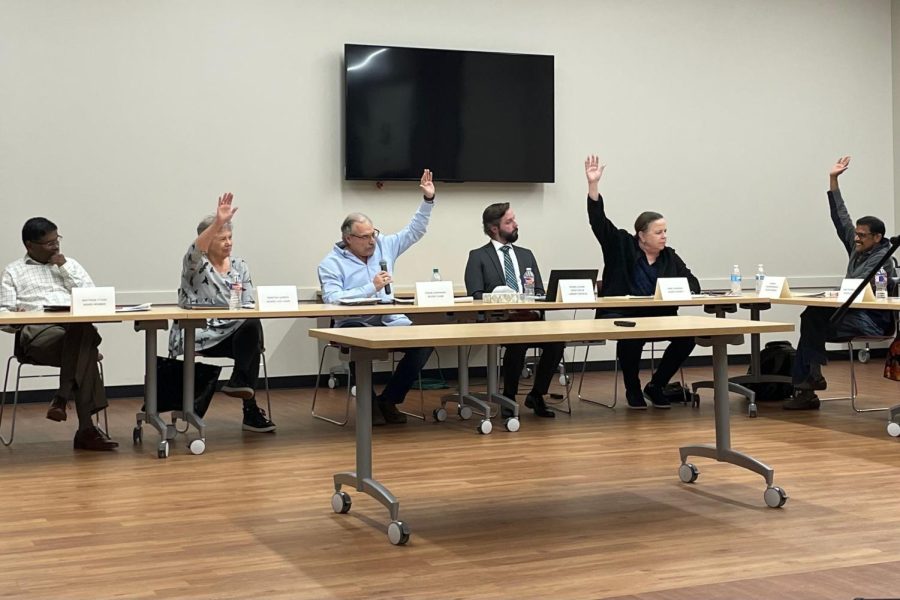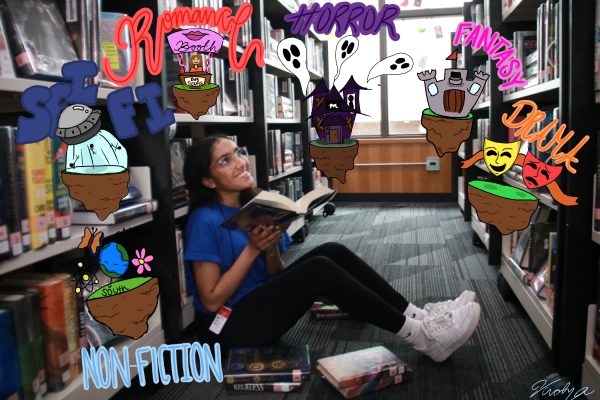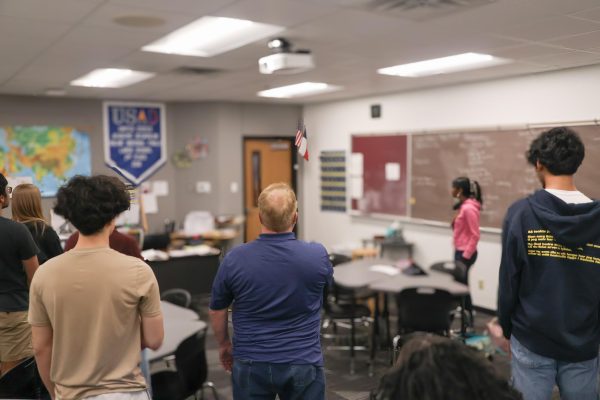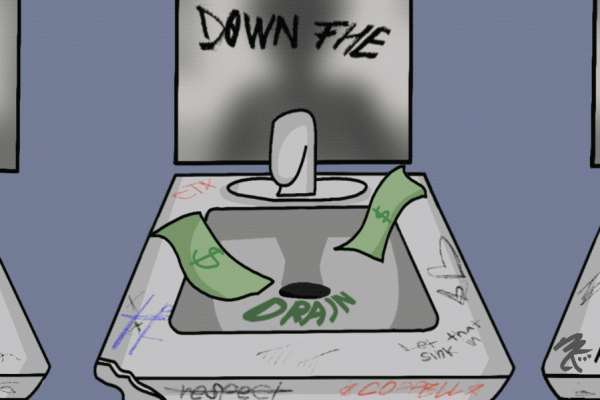Over and over and over again
In a tale as old as time, Texas politicians are back to banning books
In its Thursday meeting, the Cozby Library and Community Commons board members Martha Garber, Frank Gasparro, Anne Diamond and Haridas Radhakrishnan vote 4-2 in favor of keeping Gender Queer: A Memoir by Maia Kobabe available to Coppell residents.
I can trace book banning back to the Protestant Reformation, when the newly invented printing press was creating controversy as English- and German-translated Bibles swept across Europe.
Just after the invention of the printing press, literacy rates in Europe trended upwards. As their citizens began reading their constitutions and legal charters, leaders rushed to restrict their access to these materials.
A lot can be understood about a person based on what they have read. In the same way, a lot can be understood about a leader based on what they won’t let people read. You can see their fears, their prejudices and principles.
The list of 850 books Texas Representative Matt Krause presented to the Texas Education Agency (TEA) covered many topics. Krause proposed to ban the books on his list from Texas public schools’ libraries, on grounds of causing students to feel “discomfort, guilt, anguish, or any other form of psychological distress because of their race or sex.” It was more than comprehensive; in some cases, it was repetitive: several books, such as Cat Clark’s The Pants Project and Anastasia Higginbotham’s Not My Idea, can be found on the list twice. Also found on the list, oddly, are all five volumes of the Gale Encyclopedia of Medicine.
Clearly, there were some clerical errors made in what appears to have been the rather haphazard process of putting together this list. Still, there are some chilling takeaways from the document, between the irregularities.
Danika Ellis, a writer for Bookriot, broke down the list by topic in November. Her observation that more than half of the books on the list are in some way about the LGBTQ+ community hits differently after Governor Greg Abbott’s recent bill targeting young transgender Texans and reinforced restrictions on instruction of African–American history and the history of slavery in this country.
The reality of the list of contested books is it almost exclusively targets minority communities – among them the LGBTQ+ community, the Black community and the indigenous community. These are novels featuring LGBTQ+ heroes and nonfiction history books and memoirs without redactions over the ugly bits. These are books about real communities, real people and real stories.
These are books our own Coppell High School proudly displays and makes available to its students, such as Stamped: Racism, Antiracism, and You, a resource many people turned to after the fatal arrest of George Floyd in 2020 at the rise of the Black Lives Matter movement. These are books, such as Cinderella is Dead, a fantasy novel I checked out and enjoyed as an eBook from the Cozby Library and Community Commons’ catalog.
My hope is that our public schools and libraries will defend our right to read, rather than allow politicians to further their agendas at the expense of our education. My hope is that we took the opportunity provided to us by the March 1 primary election to keep representatives who aim to further muffle marginalized communities off of the ballot.
These are our books they’re coming after. Our education. Our voices.
“The library is a place for you to make a choice of books that you want to read,” CHS librarian Trisha Goins said. “And not every book is going to be for every reader, but we want to allow access. Libraries should be a safe place for everyone and it is a place to come to seek answers.”
Our representatives in Austin and Washington are trying to take these books off our shelves. They claim that these books would offend or harm minority students, or otherwise lead them to believe that American history (and present-day America) is imperfect.
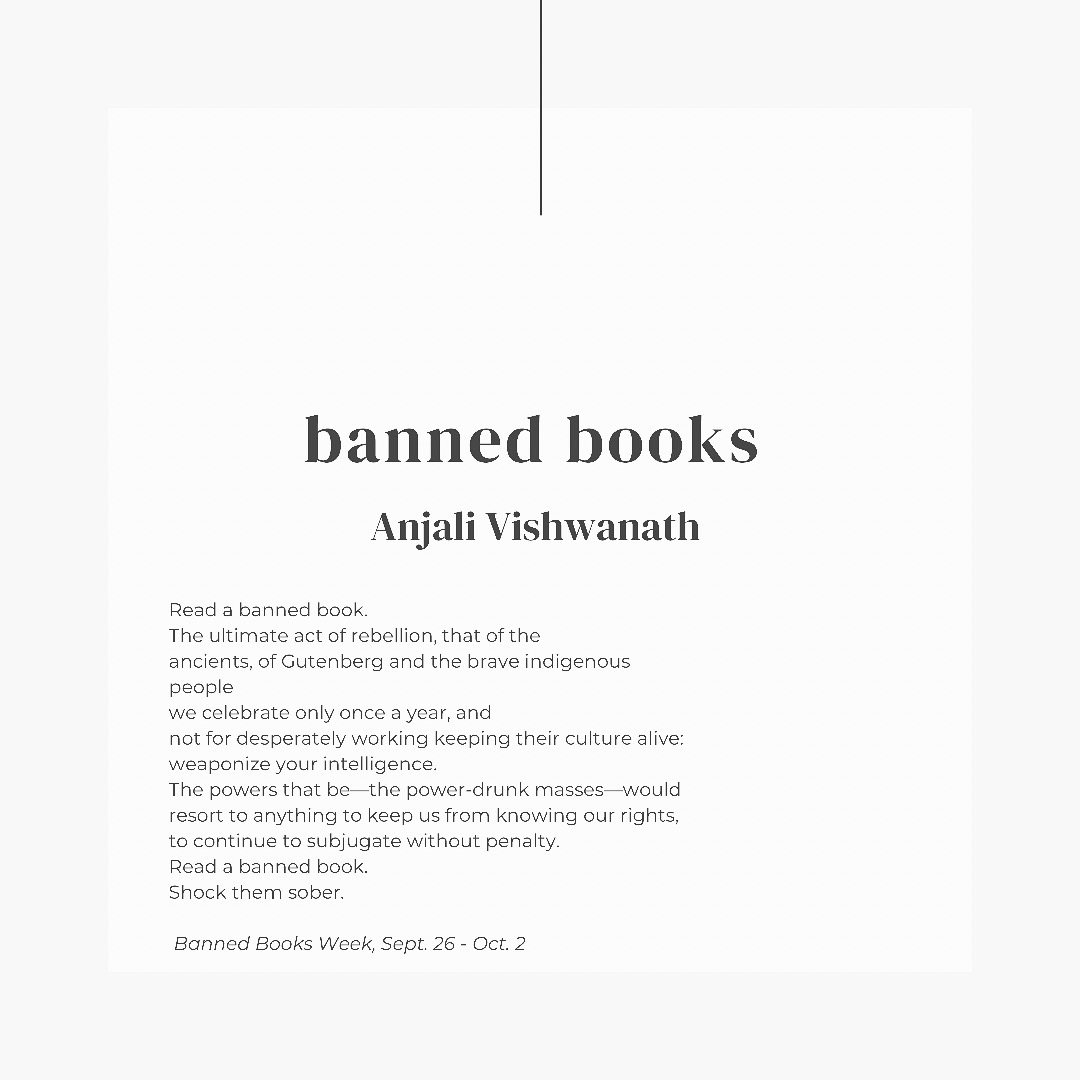
Quite frankly, though, it is impossible to tell the human story without covering the painful parts; to do otherwise would be to turn your backs on the hundreds of thousands of people oppressed by their fellow man for uncontrollable circumstances of their birth, for daring to look or sound or believe differently than those around them. To do otherwise would be to lie, blatantly and knowingly. To do otherwise would be to stagnate history at that level of discrimination, for we cannot advance without first learning what we have done wrong. Telling those marginalized and historically silenced stories is critically important as we try to create a more tolerant America.
And if you don’t want to listen to a 17-year-old student journalist, then take it from writer, philosopher and self-identified American Jorge Agustín Nicolás Ruiz de Santayana y Borrás (or as he was more commonly known, George Santayana):
“Those who do not remember the past are condemned to repeat it.”
Follow Anjali (@anjuvishwanath) and @CHSCampusNews on Twitter.
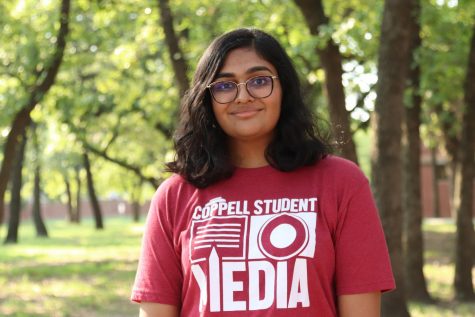
Anjali is a senior at Coppell High School, second-year staff writer and designer and the 2021-22 daily news/assignment editor for The Sidekick. She is...
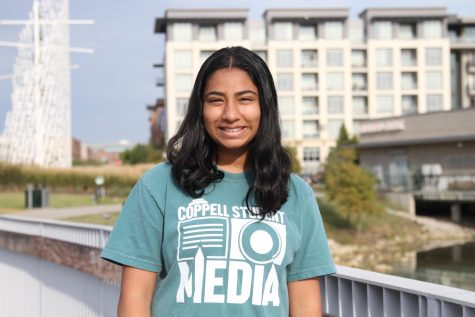
Sruthi is a senior and the CHS9 Visual Media Editor for The Sidekick. In her free time, she likes to cook and bake, take her dog on walks, and occasionally...



